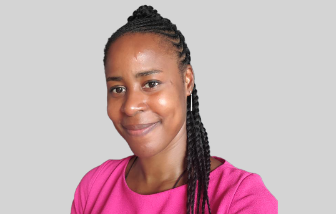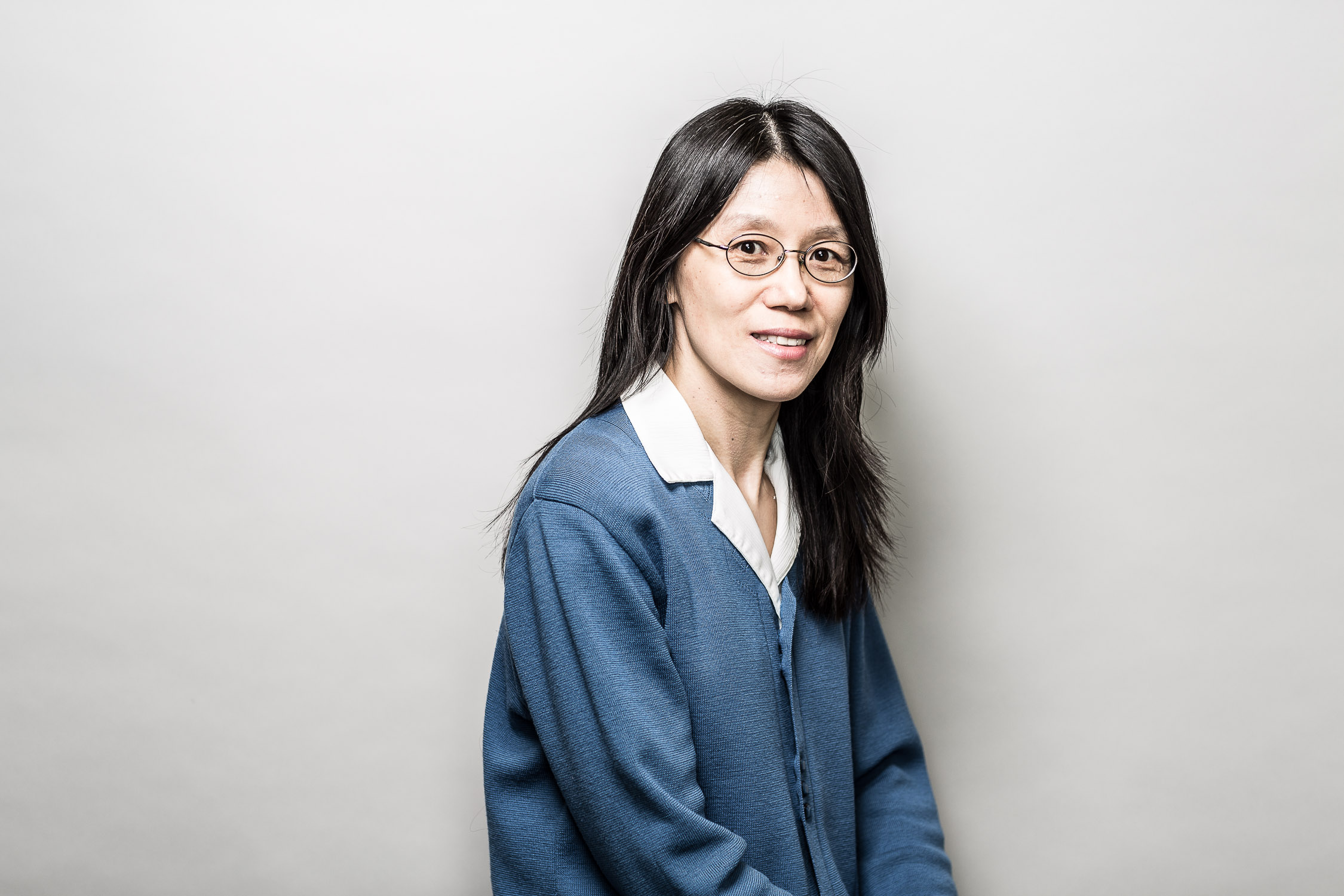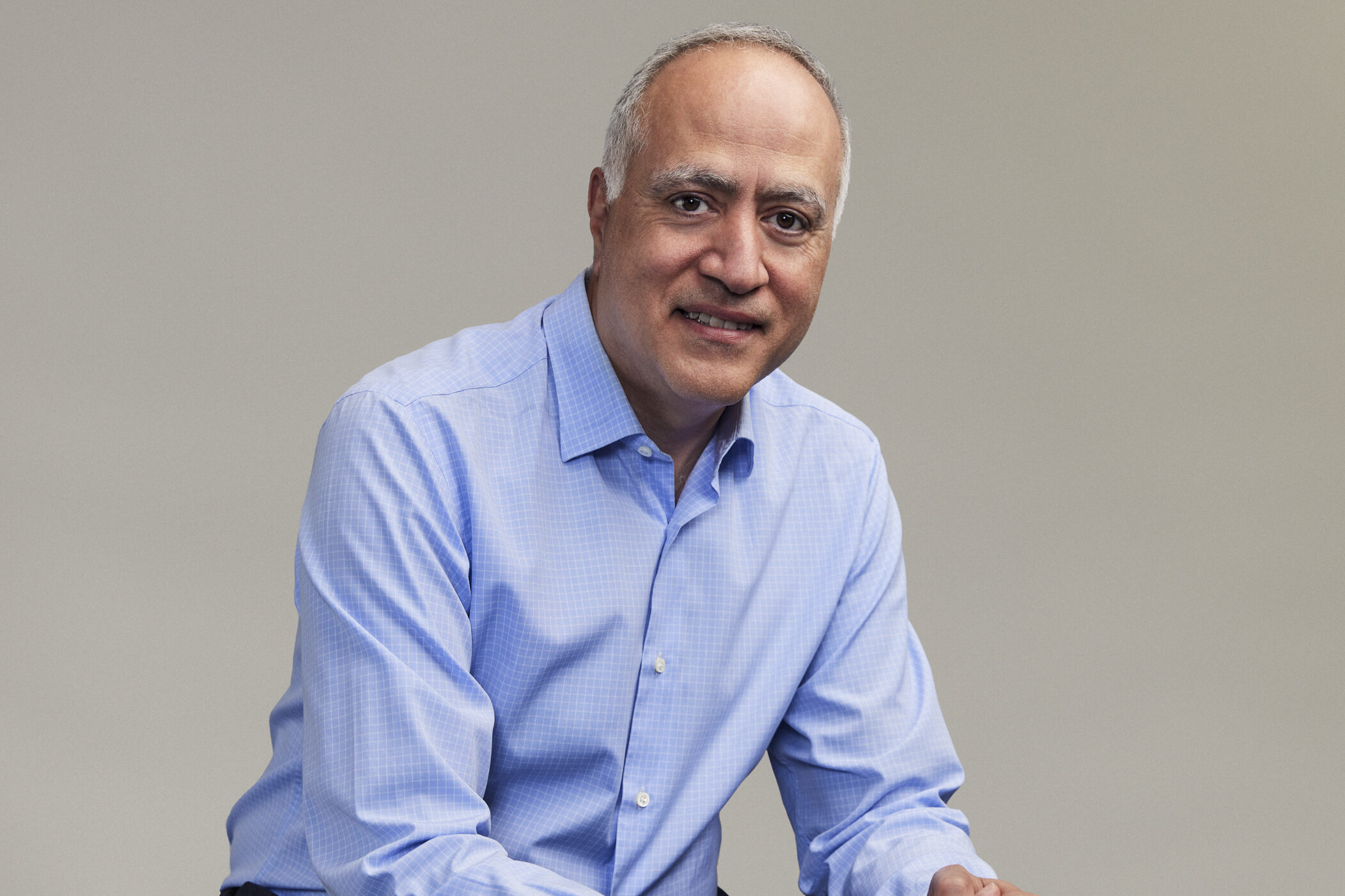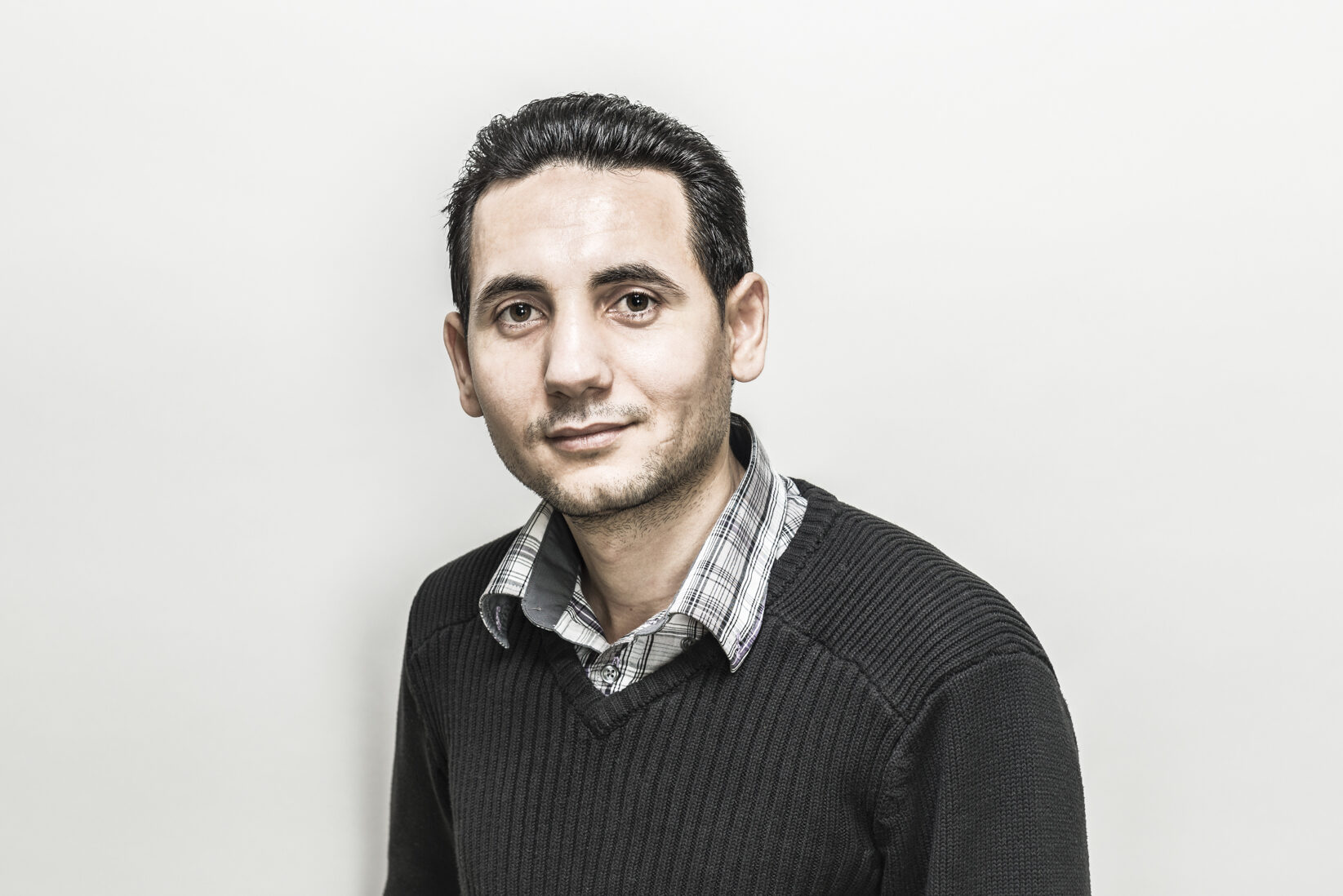Lab Facility
Experts

Alex Czekanski
Professor, P.Eng
Specializations and Key Areas
- Elastomers
- System Engineering
- Additive Manufacturing
- Material Characterization
- Autonomous driving systems
- Bioprinting
- Topology Optimization
- Computational Modeling

Alvine Boaye Belle
Assistant Professor
Specializations and Key Areas
- System assurance
- Assurance of safety requirements
- Generative AI
- Autonomous driving systems
- Knowledge representation and reasoning
- EDI (Equity-Diversity-Inclusion) in computing

Aijun An
Professor
Research Interests
- Data mining and machine Learning
- Classification, clustering, and pattern mining
- Data stream mining
- Bio-inspired computational models
- Topic detection from text documents, emotion and sentiment analysis
- Keyword search over graphs and relational databases.
- Social media analysis, recommender systems

Afshin Rezaei-Zare
Associate Professor, P.Eng
Specializations and Key Areas
- Real-Time GMD Simulators
- Transformer Differential Protection
- Li-ion Battery Prediction
- Machine Learning in Battery Management
- EV Energy Management Systems
- EV Fast Charging Infrastructure
- Power System Voltage Mitigation
- Geomagnetically Induced Currents (GIC)

Alidad Amirfazli
Professor
Specializations and Key Areas
- Surface Engineering
- Droplet Surface Interactions
- Anti-Icing Systems
- Additive Manufacturing
- Water Management in Fuel Cells
- High-Speed Imaging
- Particle Impact in Midair
- Wind Tunnel Testing (Icing and Humid Conditions)

Andrew Maxwell
Associate Professor
Specializations and Key Areas
- Technology entrepreneurship
- Technology transfer and commercialization
- Capstone entrepreneurship education
- Technology company formation and management
- Multinational technology experience
- Innovation and business venturing
- Academic leadership in entrepreneurship
- Business journal editorial work


Hany E. Z. Farag
Associate Professor, P.Eng
Specializations and Key Areas
- Real-time simulator
- EV chargers
- SCADA system
- DERMS
- Microgrids
- Electrification of public bus transit
- Techno-economic analysis
- Connection impact assessments
- Optimization tools
- Battery storage systems
- Hydrogen Refuelling Stations

Kevin Gingerich
Associate Professor
Specializations and Key Areas
- Transportation Network Modelling
- Freight Transportation
- GIS Spatial Analysis
- Discrete Choice Modelling
- Cargo Tricycle Delivery Pilot

John Chi Wo Lam
Associate Professor, Graduate Program Director - MASc and PhD Programs, P.Eng
Specializations and Key Areas
- Power Electronics
- High Frequency Power Converters
- Inverter Systems
- High Voltage Testing
- Photovoltaic Emulation
- Grid Simulation
- Digital Measurement Systems
- Battery Testing

Jinjun Shan
Professor, P.Eng
Research Interests
- Multi-Agent Systems
- Smart Materials and Structures
- Dynamics, Control, and Navigation
- Autonomous Systems
- Decision-making for Autonomous Driving Vehicles
- Collaborative Mobile Mapping
- Active Vibration Control
- Space Instrumentation

Mehdi Nourinejad
Assistant Professor
Specializations and Key Areas
- Interactive Decision-Making Tools
- Optimization Models
- Machine Learning
- Tactical Planning Platforms
- Data-Driven Decision Making

Peter Y. Park
Professor, Associate Dean Research Innovation, Enterprise & Partnerships, P.Eng
Lab Capabilities:
- Offering software workshops for companies.
- Expertise in various software tools for transportation
Specializations and Key Areas
Software Workshops

Pirathayini Srikantha
Associate Professor, Canada Research Chair (Tier 2)
Specializations and Key Areas
- Microgrid
- Electric Vehicles (EV)
- Vehicle-to-Grid (V2G)
- Grid Stability
- Energy Storage
- Renewable Energy Integration
- Real-Time Digital Simulation (RTDS)
- Optimal Charging Algorithms
- Peak Shaving
- Hardware-in-the-Loop (HIL) Testing

Paul O'Brien
Associate Professor
Specializations and Key Areas
- Thermophotovoltaics (TPV)
- Nanomaterials for Energy Harvesting
- Energy Storage
- Aerogel-Based Composites

Liam Butler
Associate Professor, Director, CD3 Facility for Built Infrastructure, P.Eng
Specializations and Key Areas
- Low Carbon Concrete for EV Infrastructure
- Self-Sensing Concrete and Materials
- Advanced Digital Modeling and Simulation
- Infrastructure Performance Monitoring with Fibre-Optic Sensing

Solomon Boakye-Yiadom
Associate Professor, P.Eng
Specializations and Key Areas
- Materials for Sustainable EV Design
- High-Performance Materials for Safety
- Advanced Manufacturing of Smart Components
- Impact Biomechanics & Structural Integrity

